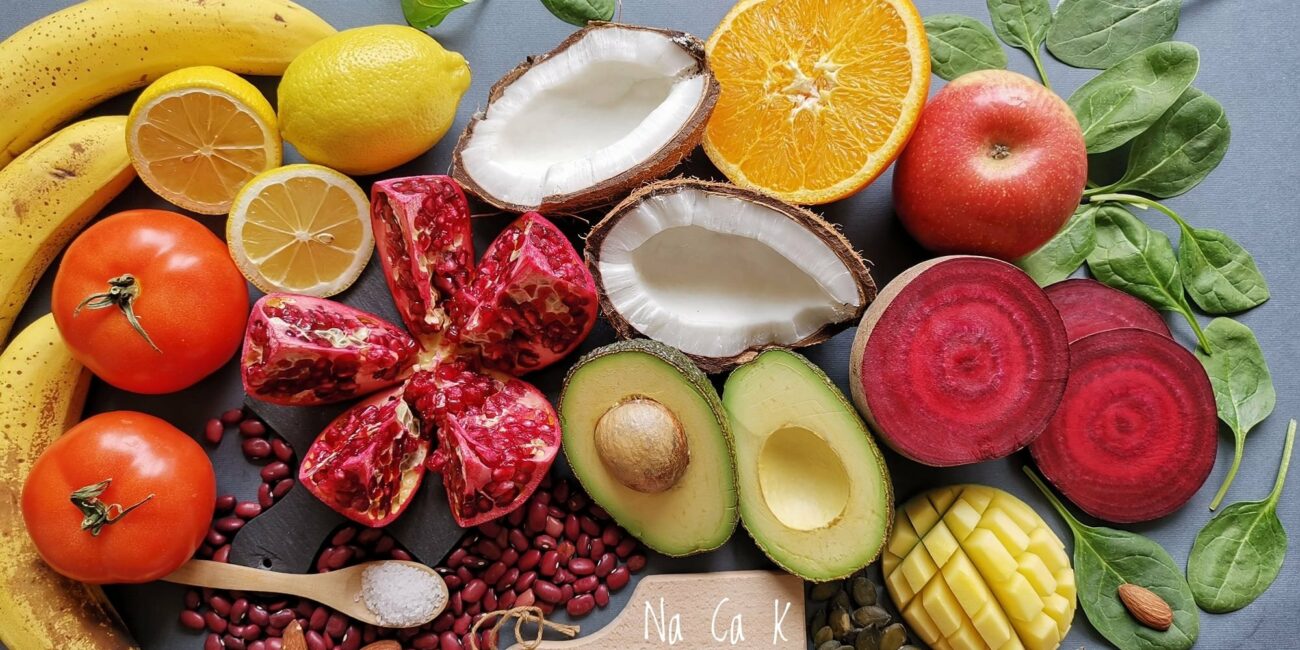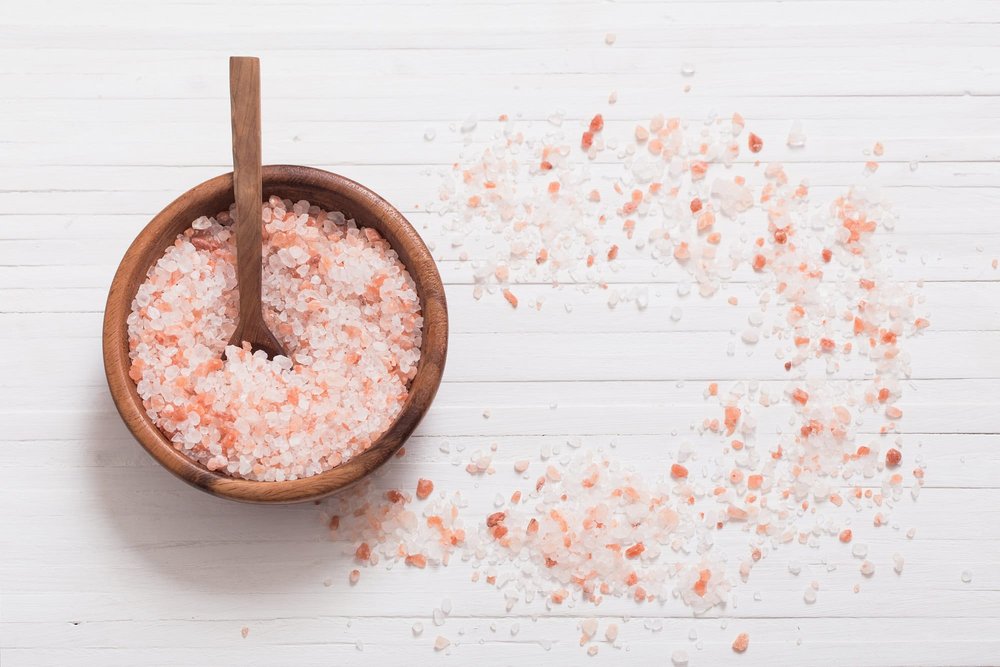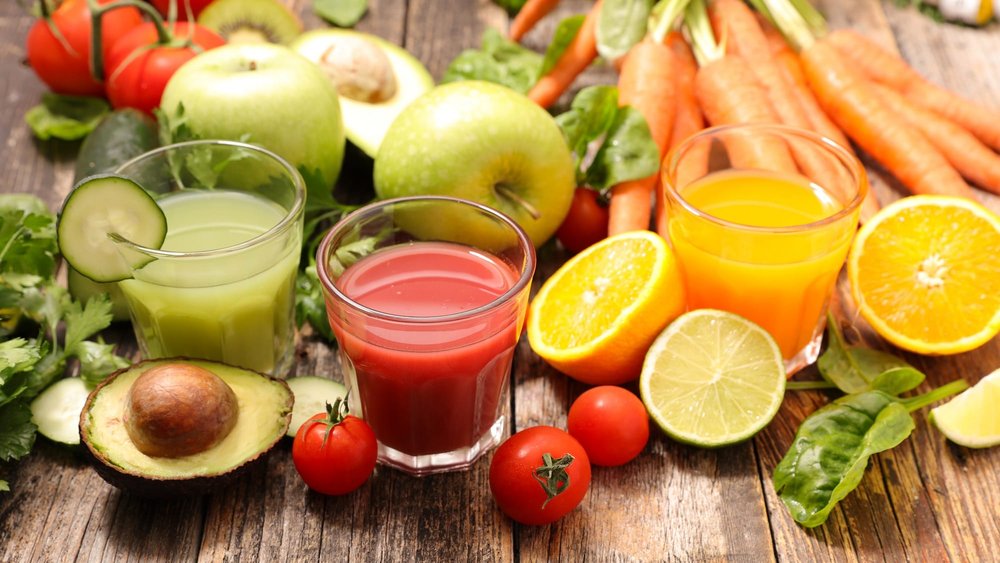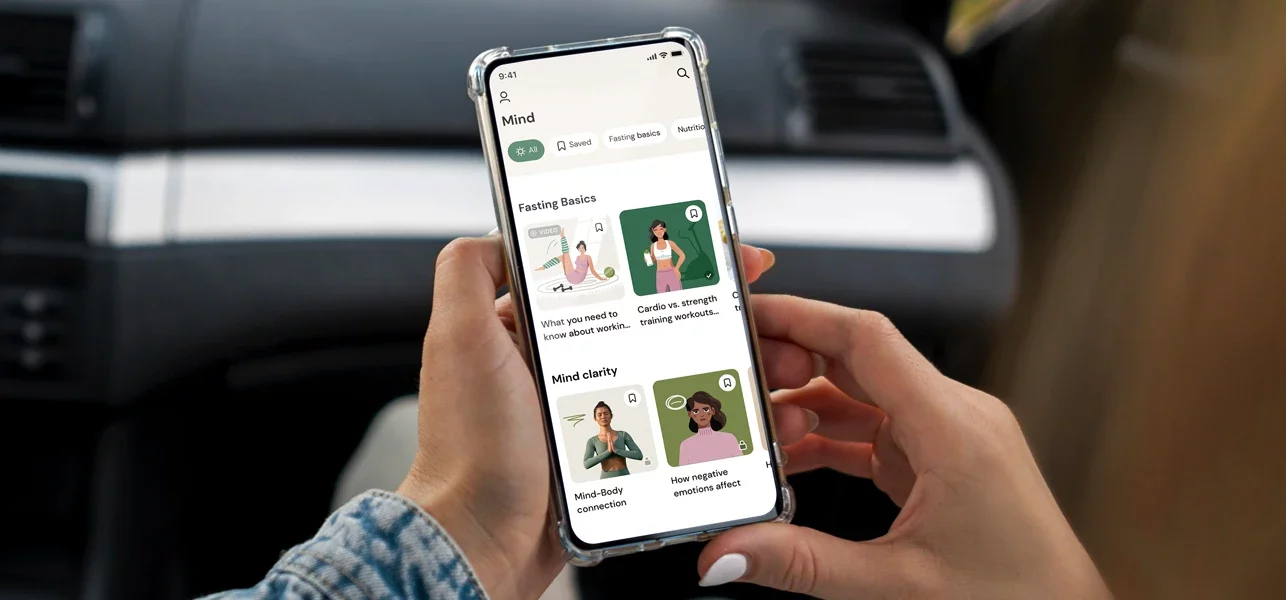What Are Electrolytes, and Why Are They Essential While Fasting?

Starting to practice fasting means filling your head with many questions. Even though it is a type of diet that has been followed for many years, we still have a lot to learn.
When you consume adequate electrolytes, all your body systems function well during fasting. This way, the hours of abstinence from food will not be torturing.
Your organism benefits from fasting due to autophagy. This is a process by which the body cleanses itself from the inside out. If you follow the rules, you will not only be allowing weight loss, you will also gain health.
At Health Insider, we want to help you on your journey with intermittent fasting. Join us this time to find out all about electrolytes and their benefits.
Can I Take Electrolytes While Fasting?
Without any room for doubt, yes, you can. Electrolytes are essential minerals for a wide amount of functions in your body.
When electrolytes are deficient, your body starts sending emergency signals. You may feel confused, fatigued, have a headache, or cramps.

Advertisement
This happens because electrolyte deficiency can cause heart and nervous system problems. They can even cause death in more severe cases.
One of the ways in which the body loses electrolytes is through sweat. This is why it is important to replenish them during intense training. Sports drinks aim to restore electrolytes, but some are very high in sugar and break the fast.
To avoid this, you can add a pinch of salt and a few drops of lemon juice to your water to get electrolytes. Also, saltwater contains important minerals as well. Take them during the food abstinence window since they do not break a fast.
Why Are Electrolytes Important for Fasting?
Taking supplements like electrolytes while fasting is one of the most important points of this type of diet. To avoid health complications, electrolyte supplementation must be ensured.

Your Personal Intermittent Fasting App
- Progress tracker and calendar
- Calorie tracker
- More than 5,000 healthy recipes
- Training routines
- Daily motivation and tips
- Water intake targeting
- Daily caloric intake tracker
This topic is relevant in intermittent fasting because you are eating less and fewer electrolytes are entering your body.
In addition, you lose electrolytes through sweat. Low electrolyte levels can cause troublesome symptoms.
The most important electrolytes for the human body are:
✅ Sodium
✅ Potassium chloride
✅ Phosphorus
✅ Calcium
✅ Magnesium
✅ Chloride
✅ Bicarbonate
These minerals are involved in muscle and nerve function, fluid balance, and blood pressure regulation. The symptoms of electrolyte imbalance will depend on the electrolyte that is affected.
Severe electrolyte disturbances can be life-threatening and cause irregular heartbeat, seizures, or even coma.
Some events that cause severe electrolyte loss include:
✅ Vomiting
✅ Diarrhea
✅ High fever
✅ Diuretic medications
✅ Kidney disease
✅ Complications of chemotherapy
✅ Malabsorption
✅ Inadequate diet
Is Salt an Electrolyte, and Does It Break the Fast?
During intermittent fasting, it is essential to consume electrolytes. By doing so, you avoid the discomfort of going many hours without eating. One of the most important electrolytes is sodium, known as salt.
People are always questioning how much salt they should have because of its association with weight gain. Salt is a mineral that does not add calories to food; for this reason, salt does not break the fast.
The way salt contributes to weight gain is because it causes fluid retention. By increasing the volume of fluids in the body, it makes it look like a fat gain. Also, excess salt is associated with cardiovascular disease.
It is very important to choose the correct type of salt. The best options you can take are Himalayan pink salt and sea salt. These salts not only contain sodium, but also other important minerals.

Sodium supplementation is fundamental during fasting. Salt is essential for life as it fulfills multiple functions in the body.
According to the American Heart Association, no more than 2,300mg of sodium per day should be consumed. Even people with hypertension should not completely remove salt from their diet. Adequate intake ensures fluid balance, muscle function, and nervous system health.
How to Get Electrolytes While Fasting
When you are fasting, you can get your electrolytes during both fasting hours and eating hours.
To avoid breaking the fast during fasting hours, you can include:
✅ Water with sea salt
✅ Water with Himalayan pink salt and lemon drops
✅ Water with sea salt and drops of fresh orange juice
✅ Chicken bone broth (only the broth, no chicken)
✅ Beef bone broth
✅ Unsalted vegetable broth (strain)
During feeding windows, be sure to recharge with natural foods. Aim to include organic foods when possible to get more vitamins and minerals. Here are some options and the electrolytes they provide:
✅ Tomato juice: sodium
✅ Green leafy vegetables: calcium, magnesium
✅ Avocado and sweet potato: potassium
✅ Potatoes: phosphorus and magnesium
✅ Bananas: potassium
✅ Dairy products: calcium
✅ Nuts and seeds: calcium, magnesium, phosphorous
✅ Legumes: potassium, magnesium, phosphorus
✅ Orange juice: potassium
✅ Coconut water: potassium, magnesium, sodium, calcium

When Are Electrolyte Supplements Necessary?
A balanced diet is enough to maintain an adequate level of electrolytes. In some special cases, the use of rehydration salts or sports drinks may be necessary.
If you are a high-level athlete or you sweat too much during your workouts, sports drinks can be a great help. When fasting, it is best to do your workouts during feeding times. You can take sports drinks that may contain a little sugar.
If you do sports while fasting, the best option to replenish electrolyte losses is to drink water with salt after the workout. This way, you will not break the fast.
Other situations in which you may need oral rehydration salts are when you have diarrhea or vomiting. These situations cause dehydration.
If you suffer from chronic pathologies or take medications, your doctor will give you the best recommendations.
A Word From Our RD
The human body has a perfect way of regulating itself. Through homeostasis, cells, hormones, and fluids are kept in balance.
With excessive consumption of processed foods, these functions get disrupted. Intermittent fasting allows the body to return to its natural state, thanks to the rest it gets during food abstinence.
Fasting for more than 16 hours activates a process called autophagy. During this process, the body proceeds to “take out the garbage.” Autophagy eliminates dead cells, toxins, and pathogens.
When following a diet, one of the reasons the user quits is the discomfort that may occur. Taking electrolytes during fasting helps you avoid unwanted symptoms such as muscle cramps and headache. Electrolytes safeguard some of the vital functions of your body.
Thanks to the benefits of intermittent fasting, metabolic and gastrointestinal diseases can improve. When applied according to the guidelines, it is a useful tool in restoring health.
Electrolytes as a Fundamental Part of Fasting
Electrolytes are minerals that serve important functions in the body and do not break the fast. You should take them during fasting hours to avoid muscle cramps, headaches, and dehydration.
Sodium is one of the most important electrolytes because it retains water and promotes hydration. Its main function is to maintain fluid balance in the body. You can find this electrolyte in table salt. For best results, select sea salt or Himalayan pink salt instead of table salt.
The main electrolytes besides sodium are calcium, potassium, magnesium, phosphorus, chlorine, and bicarbonate. Some foods and beverages are rich in these minerals.
If there is severe electrolyte deficiency, symptoms can be serious, ranging from neurological symptoms to coma. It is important to take electrolyte supplements if losses are due to vomiting and diarrhea.
During intermittent fasting, there may be low electrolyte levels due to:
✅ Low intake of mineral-containing beverages
✅ Prolonged fasting
✅ Profuse sweating through exercise
✅ Inadequate diet
Also, these electrolyte losses may worsen if there are associated diseases.
Intermittent fasting is healing and revitalizing. It is a great ally to reverse diseases but needs careful practice to not worsen your case. Electrolyte intake is the first step to success in your fasting weight loss journey.







Comments (0)